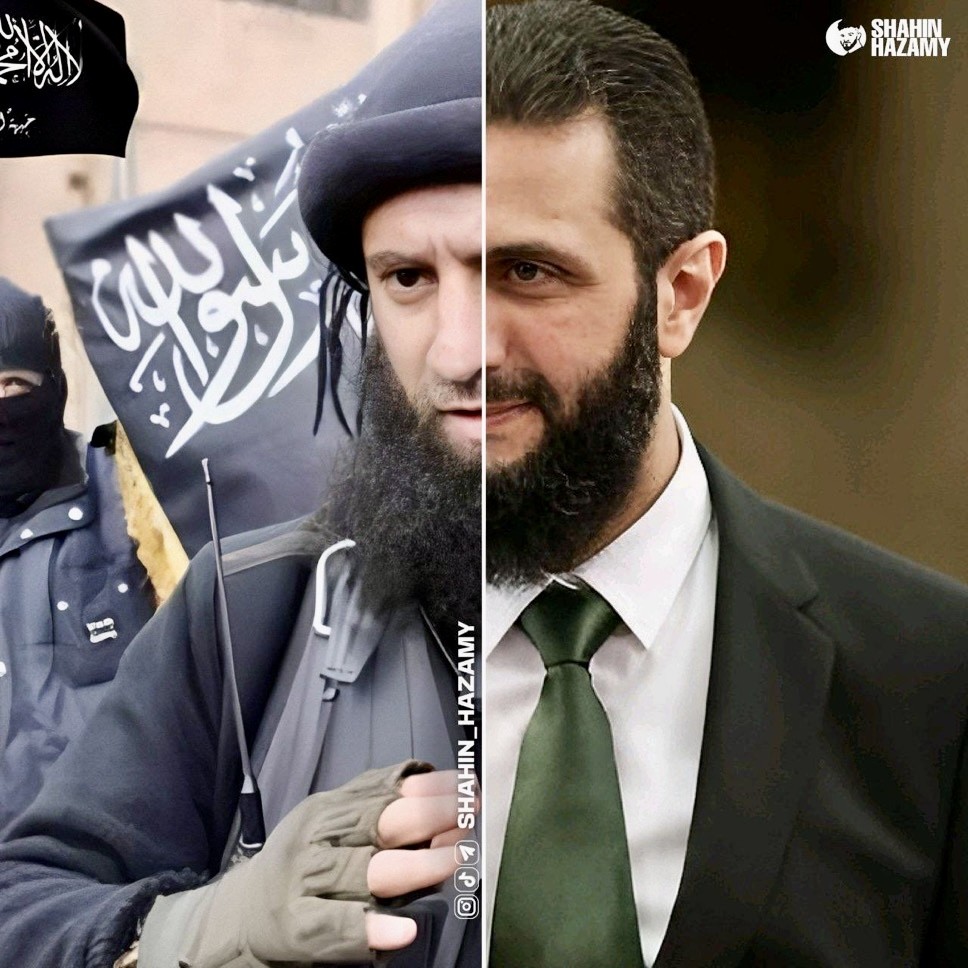
Sacred Bukhara is one of the tourist gems of Uzbekistan. The historic city centre is included in the UNESCO World Heritage List. The age of the city exceeds 2500 years.
Let us say one thing. You will lose out so, so much, if you do not visit Bukhara.
If you want to plunge into the atmosphere of an ancient oriental tale, visit the top attractions of Bukhara.
Bukhara is:
✔️Great minarets, mosques and madrassas;
✔️ Ancient citadels, mausoleums and tombs;
✔️Centre of the Islamic East and many objects for pilgrimage;
✔️ Ancient centres of trade and crafts.
Bukhara is the birthplace of the seven great Sufis of the Nakshbandi order. The great representatives of Sufism lived here, led religious and social life, which contributed to the formation and prosperity of the fertile Bukhara, to the education of spirituality, raising the emotional spirit. The Muslim sanctuaries, the burial places of Sufi saints can be found here.
Most of the pilgrims of Bukhara begin their journey with a blessed visit to the mausoleum of Khoja Abdalkhalik al Gijduvani, a spiritual mentor who paved the path of Nakshbandi teachings. Abdulkhalik al Gijduvani is connected with the spiritual parts of the tenth generation of the prophet. The terrace of the mausoleum with ten columns and props is a symbol of the mentioned dynasty.
In the time of Khoja Abdalkhalik al Gijduvani, the mausoleum was a “chillahona”, where people came to pray during forty-day of sweltering heat. The Holy place of prayer then became a cherished place of worship.
This sacred place was abandoned for a long time. It took several generations before the mausoleum acquire today’s exemplary appearance. Now the “mausoleum of Abdalkhalik al Gijduvani”, as the part of the ancient East, is the connection of the earth and the sky.
The mausoleum of Khaji Mukhammad Arif al-Rivgari is the burial place of Murshid Khaji Mukhammad Arif Rivgari. He was born in the village of Revgar in the middle of the XII century. He was a disciple of the great Murshid Abdulkhalik Gijduvani. After the death of the great teacher, he received permission to be a spiritual mentor for others. For the rest of his life, he led his religious activities. He liked to pray Zikr aloud. There is a legend that Khaji Arif lived for 150 years. He was buried in the village of Shafirkan in the Bukhara region.
The mausoleum of Khaji Makhmud Anjir-Fagnavi is the burial place of the great Sufi spiritual master. He was born near the town of Vabkent. At the beginning of his career, he was a craftsman and carpenter. After completing his apprenticeship, he became the Murshid. Makhmud Indir Fagnavi was the first to pray Zikr loudly, believing that “people asleep must wake up”. He was buried in his native village of Anjirbog.
The Khaji Ali Ramitani memorial complex is the burial place of the most famous spiritual master of the Khajagan Sufi School. The people called the Sufi “Azizkhon” – the venerable Sheikh. He was born at the end of the XII century in the city of Ramitan. He was professionally engaged in weaving throughout his life. He was a disciple of Makhmud Fagnavi. Ali Ramitani managed the impossible – he converted the Mongols to the Islamic faith. He helped to restore scattered lands after the Mongol invasion, and was engaged in healing. The legend says that the Sufi was able to read people’s thoughts and answer a question before it was asked. Throughout his long and righteous life, he had many disciples, including his sons. He bequeathed his younger son, Khaj Ibrakhim, to continue his teaching.
The memorial complex of Khaja Makhammad Babai Sammasi is the burial place of the famous Sufi, a follower of Khaji Ali Ramitani. Khaja Sammasi made an invaluable contribution to the development of Sufism, predicted the birth of a great person, Bakhautdin Mukhammad Nakshbandi. The legend says that once passing by the native village of Bakhautdin Kasri in Khinduwan, the mystery was revealed. He said that the greatest son of Sufism and enlightenment will be born in this place, and the place will be called “the village of the enlightened”.
The teacher died at the age of 95 in 1354. The Holy burial place is located in the village of Simmas, Romitan district of Bukhara region. The mausoleum, the mosque, the well and the beautiful garden were built here – all that this non-trivial man personified with his teachings.
The Khajj Sayyid Amir Kulal Bukhari memorial complex is the burial place of Sayyid Amir Kulal. During his life he had the nickname Kalon, which meant “Great”. He was professionally engaged in pottery. He was famous long before he became the Great teacher. He was a well-known and talented potter.
Sayyid Amir Kulal was a spiritual authority and had more than a hundred followers, including Bakhautdin Mukhammad Nakshbandi. He acquainted Nakshbandi with the basics of Sufism and the traditions of the mystical way of Khajagan, as well as with the correct reading of Zikr.
It is believed that the teacher was acquainted with the great disciple by Sheikh Khaja Sammasi, who already understood that he entrusted the most valuable and expensive spiritual son. Sayyid Amir Kulal was buried in 1370 in his native village of Sukhar.
Bakhautdin Nakshbandi complex (XVI century) is a unique memorial complex located 12 km from Bukhara. The complex was built in honor of the famous “Teacher of Sufism” Bakhautdin Nakshbandi. There is a museum in the complex of Bakhautdin Nakshbandi that features interesting exhibits and information related to the life and work of this remarkable man.
By Sher Karimov






Bukhara very beutifull city. I went there twice. I really like the eastern, legendary city.